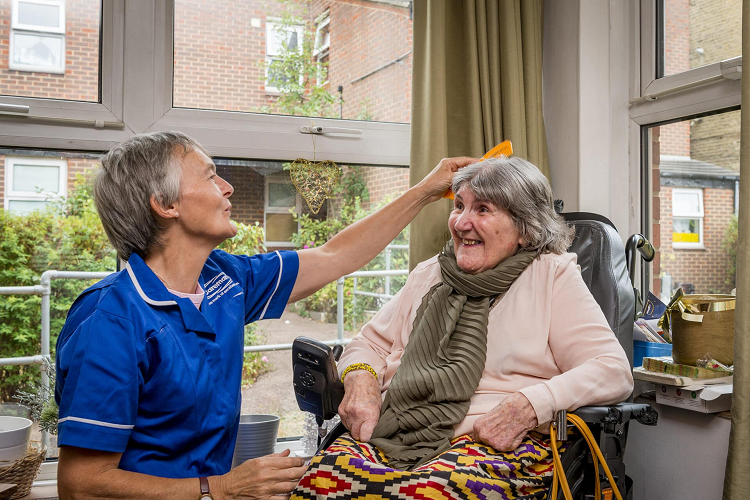Life’s most profound joys and comforts are often found at home. It is the place where we feel most secure, understood, and loved. Yet, for those facing disabilities, chronic illnesses, or the challenges of old age, the home environment can become overwhelming. This is where the concept of domestic care steps in, turning homes into havens of support and compassion. In this article, we’ll explore the facets of domestic care, its importance, benefits, and the critical role it plays in enhancing the lives of those in need.

Understanding Domestic Care: More Than Assistance
Domestic care is a term that encompasses various services designed to help people maintain their independence, dignity, and comfort within their homes. It’s more than just assistance; it’s about providing an environment where individuals can thrive.
1. Personalized Support
Domestic care providers offer tailor-made support depending on individual needs and preferences. Whether it’s helping with daily tasks like bathing and cooking or providing companionship, the care is moulded to fit the person’s unique requirements.
2. Emotional Well-Being
The emotional aspect of care is often underestimated. Having a caring and professional caregiver can lead to increased mental well-being, reducing feelings of isolation or anxiety.
3. Professional Healthcare
For those with medical conditions, care may include professional healthcare services. Qualified nurses or therapists can provide specialized care within the comfort of one’s home.
4. Safety and Security
Ensuring that the home environment is safe and secure is a vital part of domestic care. Necessary modifications might be made to the house, or regular checks performed to reduce risks.
The Social Impact: Enhancing Lives and Communities
Domestic care has significant societal implications. By providing care within the home, it supports not only individuals but also their families and the broader community.
1. A Lifeline for Families
Caring for a loved one can be both rewarding and exhausting. Domestic care offers respite to family caregivers, allowing them to balance their responsibilities and rejuvenate.
2. Community Engagement
Domestic care encourages social engagement by helping individuals participate in community activities. It fosters social connections, contributing to an inclusive society.
3. Economic Benefits
Providing care at home is often more cost-effective than institutional care. According to The King’s Fund, local authorities in the UK spent approximately £22.2 billion on adult social care in 2019/20. Domestic care can be a viable alternative that is both financially sustainable and person-centred.
4. Quality of Life
Perhaps the most important aspect is the enhanced quality of life that domestic care offers. By preserving independence and promoting comfort, it enables individuals to live their lives to the fullest.
Challenges and Considerations in Domestic Care
While domestic care offers numerous benefits, there are challenges and considerations that must be addressed:
1. Ensuring Quality
Maintaining high-quality care is paramount. Proper training, monitoring, and ethical practices must be in place to ensure that individuals receive the best possible care.
2. Accessibility and Availability
Ensuring that care services are accessible to everyone, regardless of their location or financial situation, is vital. Policies must support this accessibility to prevent disparities in care.
3. Collaborative Approach
Effective care requires a collaborative approach between caregivers, family members, healthcare professionals, and community resources. Building these collaborations can be complex but is essential for holistic care.
A Future with Compassion at Its Core
Domestic care is more than a service; it’s a philosophy that brings compassion, respect, and dignity into the homes of those who need it most. As society continues to recognize the immense value of caring within the home, care is poised to play an increasingly vital role in shaping a future where empathy, understanding, and human connection are at the heart of care.
With concerted efforts, ethical practices, and a focus on individual needs, care can transform lives, enrich communities, and redefine the very essence of care. It invites us to envision a world where care isn’t just about assistance but about empowering individuals to live joyful, fulfilled lives within the embrace of their homes.



